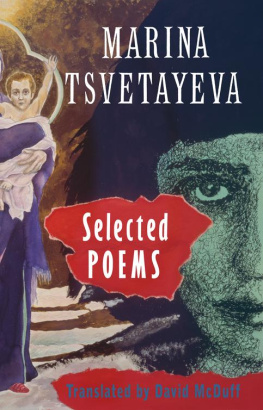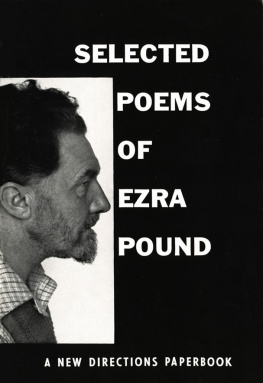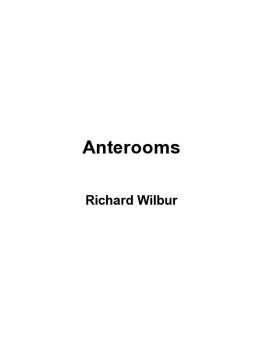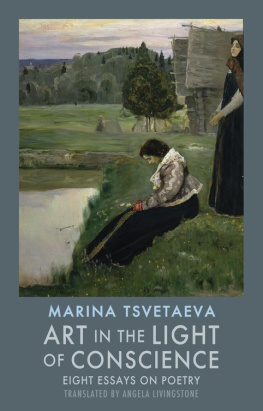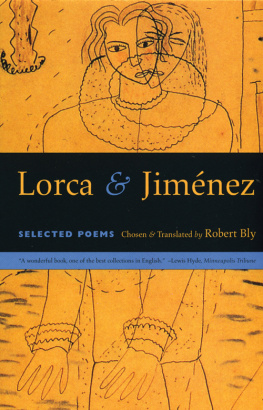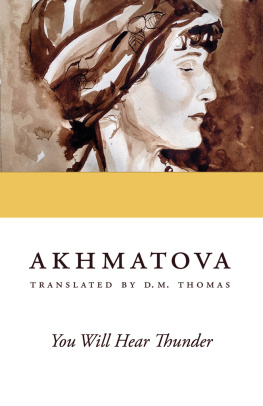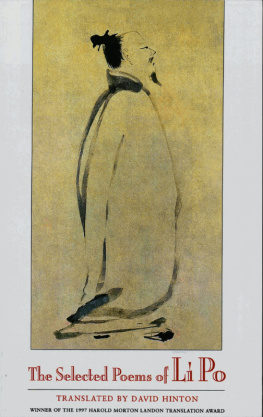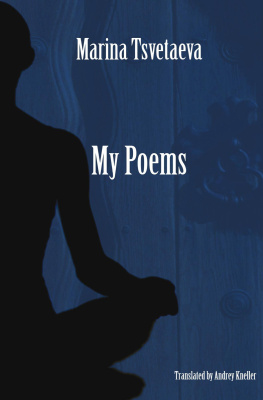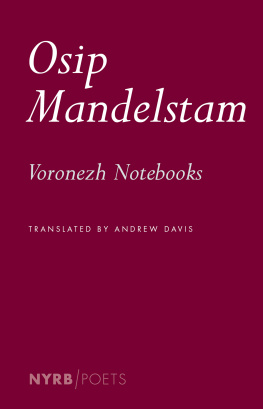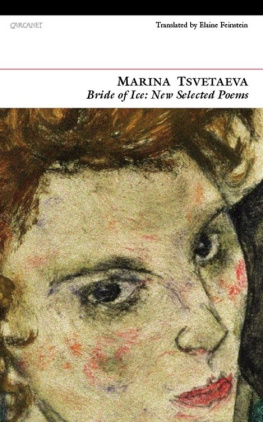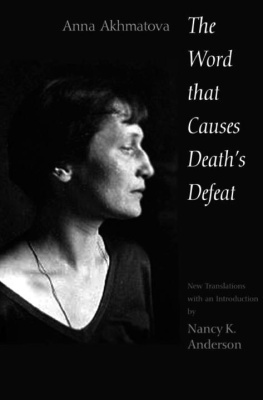The introductory essay and several of the translations from this book were first published in
The additional versions ascribed to F.F. Morton first appeared in the
and were actually the work of Joseph Brodsky. Thanks are due to Irina Kuzminsky and Liza Knapp of Columbia University for their editorial advice.
Idealism, particularly idealism of a cultural or artistic kind, has become such a rare phenomenon in the contemporary world that it may often be hard for us to feel our way into the spiritual background of much of the art, music, and literature that burst upon an unsuspecting European public in the last years of the 19th century and the early years of the 20th. It has become fashionable to suppose that what we have come to term variously modern art, modern music, or simply modernism took its origins in some collective artistic rejection of the styles and norms of the past, and in an adoption of a sceptical and anti-idealistic world view. While it is true that the iconoclastic movements of expressionism, futurism, dada, and early surrealism relied for much of their public impact on shock-tactics and a philosophy of making it new, a close study of their artistic programmes shows that their primary concern was less the destruction of the past than the reinterpretation of both past and present in terms of a visionary future, a hoped-for world in which the artist, like some divinely inspired child, would endow mankind with a new innocence, exorcising from it the demons of war, revolution, technology, and social organisation.
Such a transformed humanity would be a worthy successor to the mankind of previous ages the artist would simply have acted as a necessary catalyst to further growth, a spiritual yeast and ferment in a dangerously god-deprived world. This quest was, of course, profoundly idealistic, and it was by no means confined to the artistic programmes of any particular school. The school-transcending work of Mahler, Scriabin, Schoenberg, and Stravinsky, of Kandinsky and Malevich, of George and Rilke all of them in some sense deeply religious artists might be seen as an attempt to write a gospel for the age, to effect by tonal, visual, and verbal means a ritual sacrifice (the artist as saviour) and subsequent transfiguration of the human soul at an absolute level. Nowhere was this metaphysical, artistic striving so evident as in Russia in the late years of the last century and the early years of the present one. Perhaps the onset of the 20th century, in which the metaphor of the artist as saviour was in Russia, at any rate, to acquire a thoroughly real and non-metaphoric (though nonetheless symbolic) double in the form of its finest poets destinies, was felt particularly keenly in a country where the potential for disaster of all kinds was so great. Mention of Scriabin, Stravinsky, and Kandinsky leads us inevitably to a long list of the names of artists, poets, and composers for whom the process of creation was by no means confined to the production of individual works, or even linked to any one art in particular, but was rather a path towards the infinite and towards an ultimate revelation of the soul.
Boris Pasternak describes, in his autobiographical essay Safe Conduct, the tortuous path by which he found his way from a semi-mystical identification with the music of Scriabin, through an attempt, in Marburg, to assimilate the essence of German neo-Kantian thought, to the realisation that he was, in fact, a poet. Such cosmic and cultural pilgrimages were certainly not rare among literary artists in the Russia of the pre-Revolutionary years. Marina Tsvetayeva, who was born two years later than Pasternak, in 1892, and who like him grew up in a musical-artistic Moscow family, was exposed early on to the most diverse cultural influences. Her father was a well-known philologist and art critic, a professor at the University of Moscow who also founded the Moscow Museum of Fine Arts (now known as the Pushkin Museum of Visual Arts). Her mother, who came of Russified Polish-German stock, was a musician, a pupil of Anton Rubinstein; her dream had been to become a concert pianist, but her father had not approved of this ambition she had obeyed his wishes, and had instead brought up a family of children. Heroica. Heroica.
When Tsvetayeva was only 14, her mother died; her father died when she was 21. The significance of Tsvetayevas intense and closely delineated childhood for her later development as a poet is quite evident from even the most cursory glance at the events of her biography. Her mothers unsatisfied longings for artistic achievement, linked with a perpetual striving for the heroic and the exalted, must have had a profound influence on her daughters Marina and Anastasia. In Marinas case, this unfulfilled pianism had the effect of alienating her from the practice of music-making: instead of playing the piano, she shut herself up in her room and wrote poetry. This started at a very early age, and it tended to isolate her quite considerably from the rest of the family. Alone in her room, Marina composed poems which reflected the multilingual education given her by her mother: when she was unable to find a Russian rhyme for a word, she would insert a German or a French word that did rhyme.
Meanwhile the house would be filled with the din of piano music. In 1902, when Tsvetayeva was ten, her mother contracted tuberculosis and had to go abroad in search of treatment. She took Marina and Anastasia with her on these journeys, to Italy, France, Switzerland, and Germany. While the mother was treated at spas and clinics, the daughters received instruction at local boarding schools. French and German became just as familiar to them as Russian so much so that their father was afraid they might forget their native language altogether, and packed Russian books along with the slabs of black bread he was fond of sending. The experience of foreign countries and this semi-independent life away from her mother were strong factors in Tsvetayevas self-discovery as a poet.

